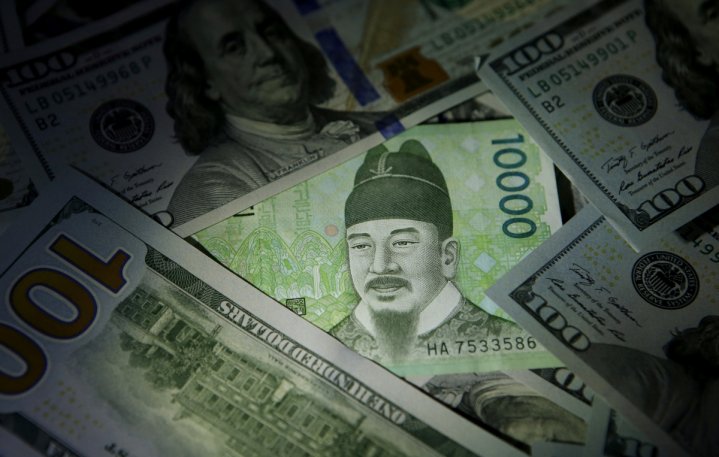
Ever since South Korea announced its plan to set up a Terminal High Altitude Area Defence (THAAD) missile system in the country (in collaboration with the United States), China has been revolting against the move. Though South Korea has clarified that the system is deployed to defend against nuclear-armed North Korean missiles, a furious Beijing alleges that the missiles far-reaching radar is targeted at China.
Following this, several political groups have asked many tour operators in Beijing to stop selling trips to Korea. Reportedly, group tours starting from March 15 will be canceled, according to written instructions issued by China's tourism administration. The ban will be first implemented among Beijing tour agencies and will be extended to other provinces soon. There is a rapid increase in the number of Chinese tourist to South Korea. Last year, an estimated 8 million tourist flocked into the country.There was a rapid increase in the number of Chinese tourist to South Korea. Last year, an estimated 8 million tourist flocked into the country.
South Korea emerged as a popular destination for Chinese tourists. There was a rapid increase in the number of tourists visiting the country. Last year, an estimated 8 million tourist flocked into the East Asian nation.
This move is likely to take a toll on the South Korean market. In addition, many Korean stocks like Amorepacific Corp, Hyundai, Jeju Air Co Ltd, Korean Air Lines Co Ltd and Asiana Airlines Inc have already started to face losses due to the call to ban S.Korean products and firms.
"This could be just the beginning. They have so many options to punish Korean businesses as almost every major Korean company, including Hyundai Motor and AmorePacific, relies heavily on Chinese sales," said Michael Na, a strategist in Seoul with Nomura, to Financial Times.
Earlier this week, there was an uproar on Korean programs being broadcasted in Chinese televisions. This has now turned into a corporate war against Korean firms and products—right from cosmetics and supermarket chains to autos and tourism. On a larger note, Chinese media sees this as a confrontational stance taken by new US President Donald Trump.
"What's happening to Korean companies now is a pretty good playbook for what might happen to U.S. firms over the next year...Rather than the big dramatic trade war, everything goes to hell scenario under Trump, it's probably more likely to be manifested as regulatory harassment of companies - one of the lower intensity tools for China," Risk Analyst Andrew Gilholm was quoted by Today Online.
On the other hand, South Korea is worried that it may take a permanent toll on the Sino-South Korea trade relations. Recently, Foreign Ministry spokesman Cho June-hyuck again briefed the media to clarify that the "system was strictly for defensive purposes and it had no plans to change the scheduled deployment."









